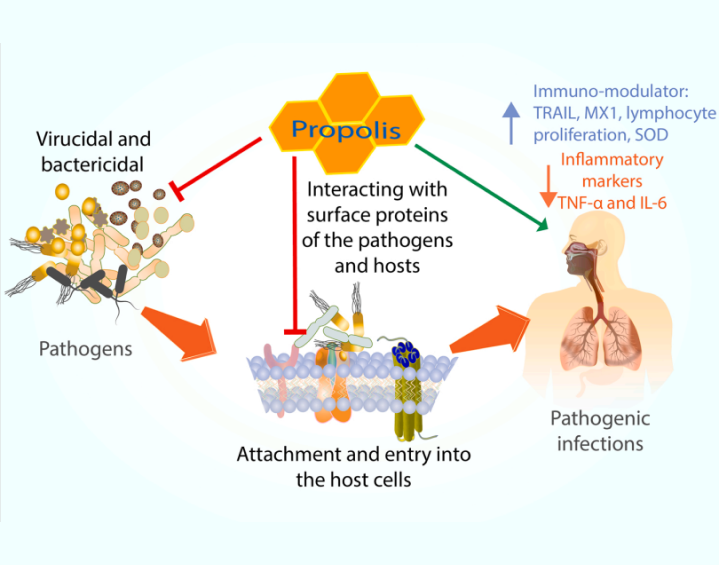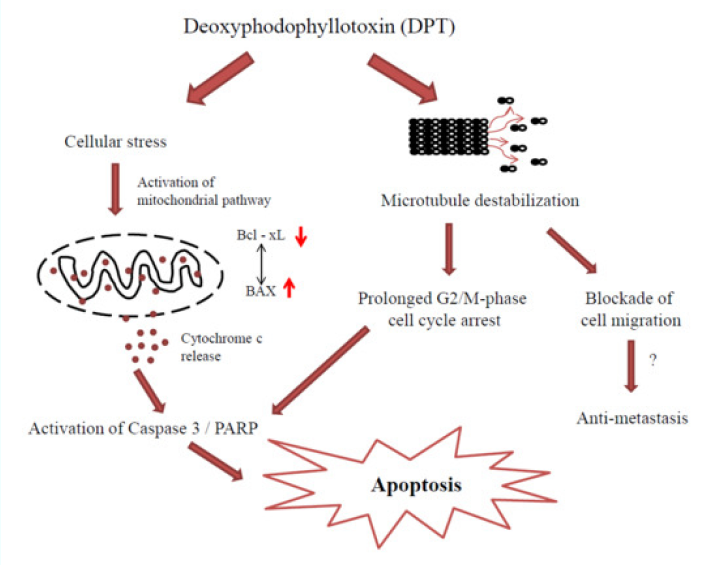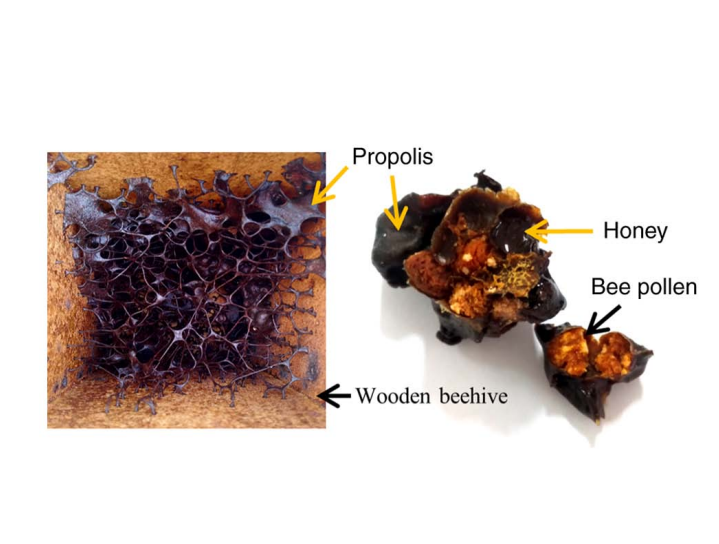The Potential Use of Propolis as a Primary or an Adjunctive Therapy in Respiratory Tract-Related Diseases and Disorders A Systematic Scoping Review
08 Jan 2024 . 16:32

Propolis is a resinous beehive product that is collected by the bees from plant resin and exudates, to protect and maintain hive homeostasis. Propolis has been used by humans therapeutically to treat many ailments including respiratory tract-related diseases and disorders. The aim of the present systematic scoping review is to evaluate the experimental evidence to support the use of propolis as a primary or an adjunctive therapy in respiratory tract-related diseases and disorders. After applying the exclusion criteria, 158 research publications were retrieved and identified from Scopus, Web of Science, Pubmed, and Google Scholar. The key themes of the included studies were pathogenic infection-related diseases and disorders, inflammation-related disorders, lung cancers, and adverse effects. Furthermore, the potential molecular and biochemical mechanisms of action of propolis in alleviating respiratory tract-related diseases and disorders are discussed. In conclusion, the therapeutic benefits of propolis have been demonstrated by various in vitro studies, in silico studies, animal models, and human clinical trials. Based on the weight and robustness of the available experimental and clinical evidence, propolis is effective, either as a primary or an adjunctive therapy, in treating respiratory tract-related diseases
Artikel Lainnya

Deoxypodophyllotoxin Exerts Anti-Cancer Effects on Colorectal Cancer Cells Through Induction of Apoptosis and Suppression of Tumorigenesis
Deoxypodophyllotoxin (DPT) is a cyclolignan compound that exerts anti-cancer effects against various types of cancers. DPT induces apoptosis ...

Water soluble propolis and bee pollen of Trigona spp. from South Sulawesi Indonesia induce apoptosis in the human breast cancer MCF7 cell line.
Bee products are best known as one of the beneficial natural products providing multiple pharmacological effects, such as antimicrobial, anti...